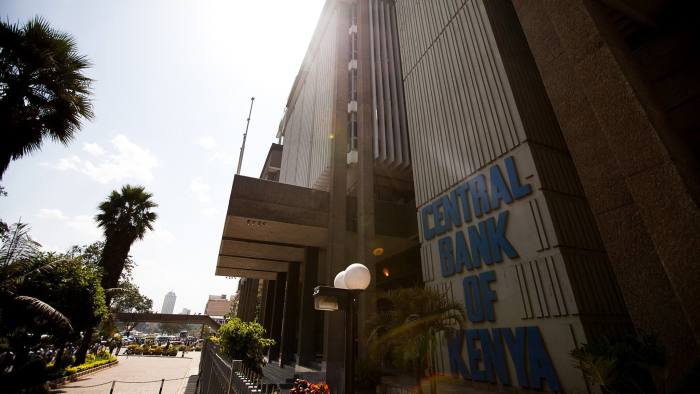The government is looking to grant the Central Bank of Kenya (CBK) power over digital lending platforms in the country for the first time. This was made clear through the new Central Bank of Kenya (Amendment) Bill 2020. A part of this proposed bill aims to give the bank regulator the power to oversee the digital lending space.
If passed, the CBK will be able to regulate every single lender’s conduct so as to ensure there is fair and non-discriminatory access to credit. The bill also seeks to give the CBK the mantle to control interest charges on loan. And we all know that the latter is one that has caused most lenders to face criticism for the masses.
However, the bill does not seem to sit well with the digital lenders who have opposed it already. The regulation, they say, is out to hurt the flow of credit to small businesses.
Instead, the Digital Lenders Association of Kenya (DLAK) is proposing that the CBK adopt risk-based loan pricing models rather than regulate interest rates. The risk-based pricing models are set to be powered by machine learning tech.
According to DLAK, offering credit to every customer at a flat rate is almost impossible due to the difference in individual risk. The lenders argue that the high-interest rates can be justified by the risk associated with the so-called non-collateral loans.
“Whenever people start to say that 15% is like X% per annum, they are making an unfair comparison because we are not like banks who are providing this for at least 12 months. It may seem relatively high, but it’s not an interest rate,” said Ivan Mbowa, Tala’s regional general manager and director of Digital Lenders Association (DLAK).






Comments